Exact Answer: For 10 -15 minutes
Sleepwalk is also known as somnambulism. It is a state when you start getting up and start walking around while in a state of sleep. Most commonly it happens to children. Sleepwalk happens early after 1hr or 2hr after falling asleep. A sleepwalking problem happens very rarely.
Each episode of sleepwalking lasts several minutes only. There is 6.9 Percent of people who have experienced sleepwalk at least once in their life. Generally, it doesn’t happen to the adult groups. Approximately 1.5 percent of adults experience sleepwalking episodes. The number of sleepwalks is significantly higher in the case of children and teens sometimes.
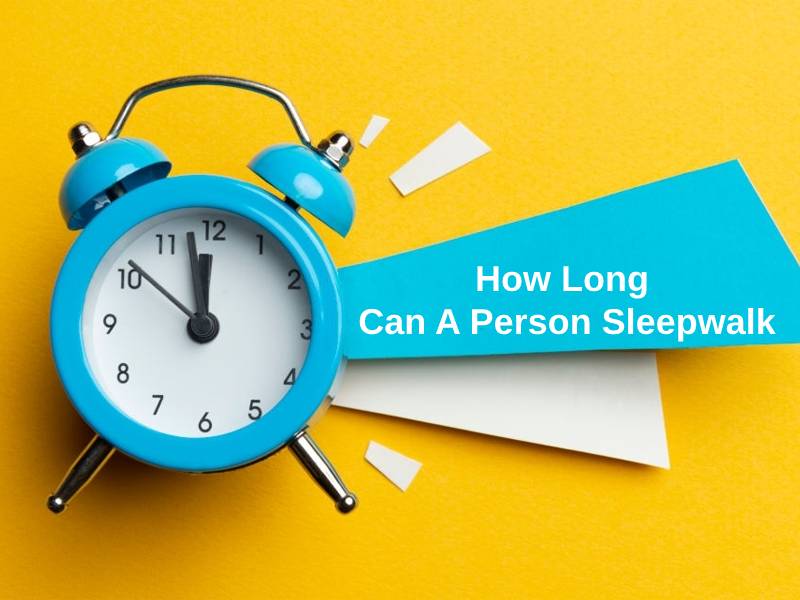
How Long Can A Person Sleepwalk?
| Type | Time |
| Minimum time | 10-15 minutes |
| Maximum time | 20 minutes |
The main cause of sleepwalk or somnambulism may be due to medication, genetics, or health conditions that disrupt your sleep. Sleep plays an essential part in our lives. If you are thinking nothing is occurring when you are sleeping, then you are wrong. During sleep some parts of our brain are active. Lack of sleep and more than normal sleep may affect your mental and physical health. When we are asleep our body gets a chance to replenish its energy and rest. That means good sleep can help you to recover from illness, cope with stress and other problems. Not getting enough sleep can affect how you think and how you behave.
Sleep is of two types. During sleeping, you crossed through these types. It includes REM stands for Rapid eyes movement and the second is non-REM which stands for non-rapid eye movement. During these two periods of sleep, your brain and body differ in phases. At the beginning of your sleep, you entered the first sleeping phase, the Non-REM. But when you are in deep sleep, you entered the second sleep phase. As you are in a deep sleep in this phase, it becomes difficult to wake up.
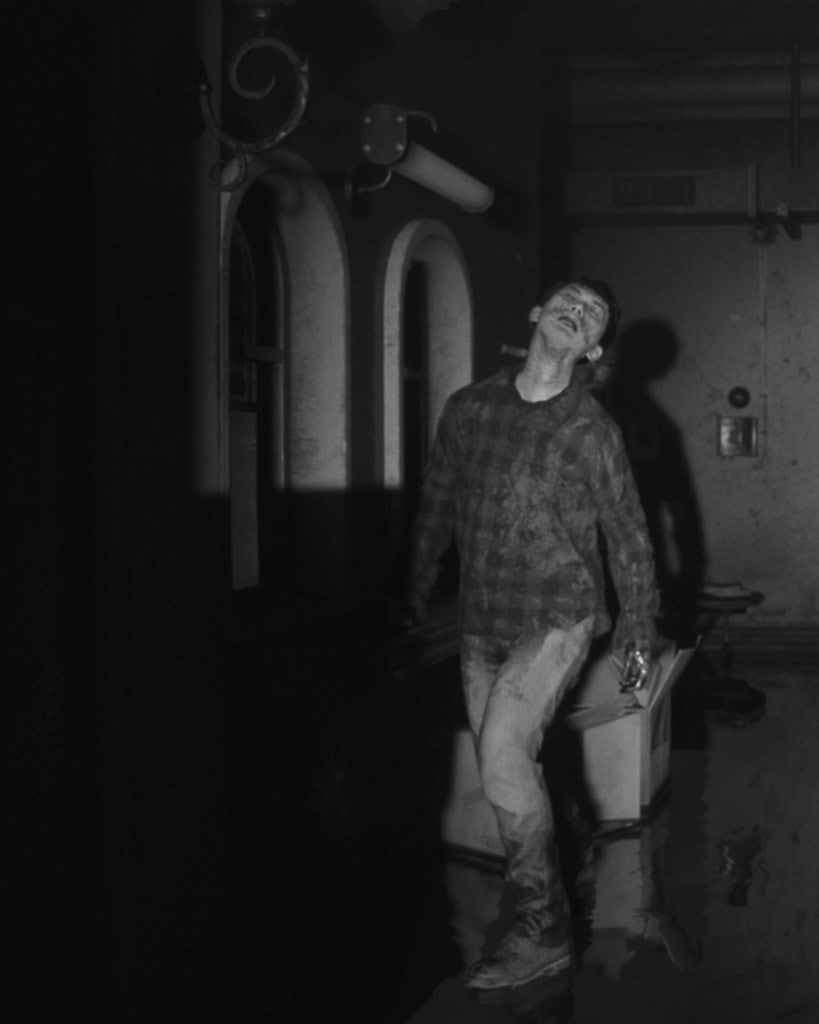
The Rapid Eyes Moment phase starts after 1 hr to 2 hr after sleep. This part includes dreams you see during sleep. This is the period when you are sleeping deeply. During the sleep hour, your body crossed both the sleep phases.
Your REM duration gradually increases with time and night. from light sleep to deep sink in sleep.
Why Can A Person Sleepwalk For So Long?
Sleepwalk is a sleeping disturbance, happens in the deepest part of the nonrapid eye movement sleep. It occurs just after sleeping for 1 -2 hr. Usually, during an episode of sleepwalking, you may walk nearby, sit up on the bed, or may perform ordinary activities. When you are doing these activities your eyes are open but you are in deep sleep.
An American association of psychiatric reports that sleepwalking is not considered to be a syndrome unless it happens oftentimes and disturbs the functioning of day time. During sleep research, it was reported that several other health circumstances and activities are there which speed up sleepwalking episodes. The exact cause of sleepwalking is unspecified but it may be hereditary, going from family to family.
The following things trigger sleepwalking episodes:-
1)not having enough sleep
2) stress, and anxiety
3) Infections and fever in children.
4) talking about certain types of medications like sedatives.
5) drinking too much alcohol a day.
6) consuming recreational drugs

Sometimes in the extreme phase of a sleepwalking episode, a person may walk out of the house and carry out driving. Well, their eyes are open while walking and doing such activities. They may look straight into your eyes but are unable to recognize you. And if you talk with them they will answer you which doesn’t match the question and doesn’t even make any sense. Most of the sleepwalking episodes don’t remain for more than 15 minutes but they may last longer than this in severe conditions.
Conclusion
If you experience sleepwalking episodes in your sleep time then make sure you are not alone. Do inform your family about the disorder. Gently they will guide you to go back to sleep without any disturbances. Don’t shout at the person and don’t try to physically awake the person by shaking them unless they are in danger. They may lash out if you try to physically restrain them.
Sleepwalking episodes don’t need any medication. It is rarely considered a serious disorder. It may get better with time, mainly in children. There is no specific treatment for this disorder you may try to relax and have a cool routine before going to bed.

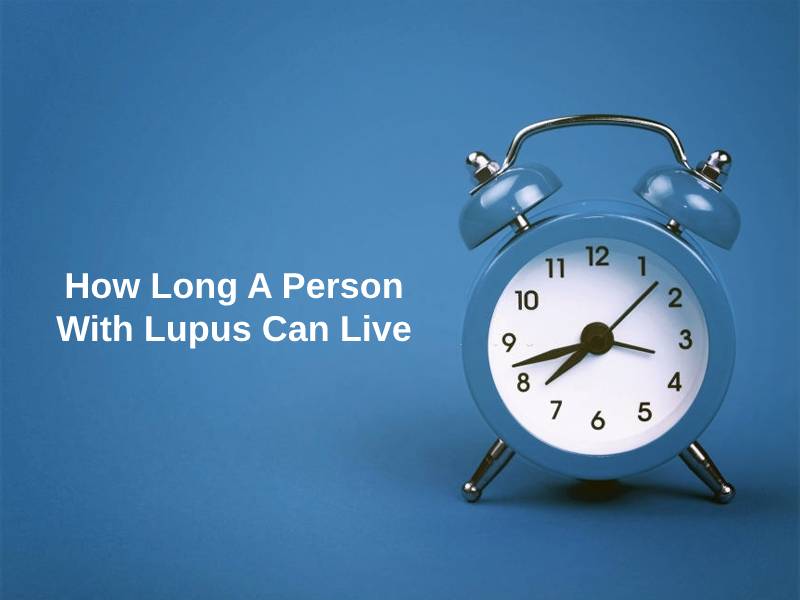
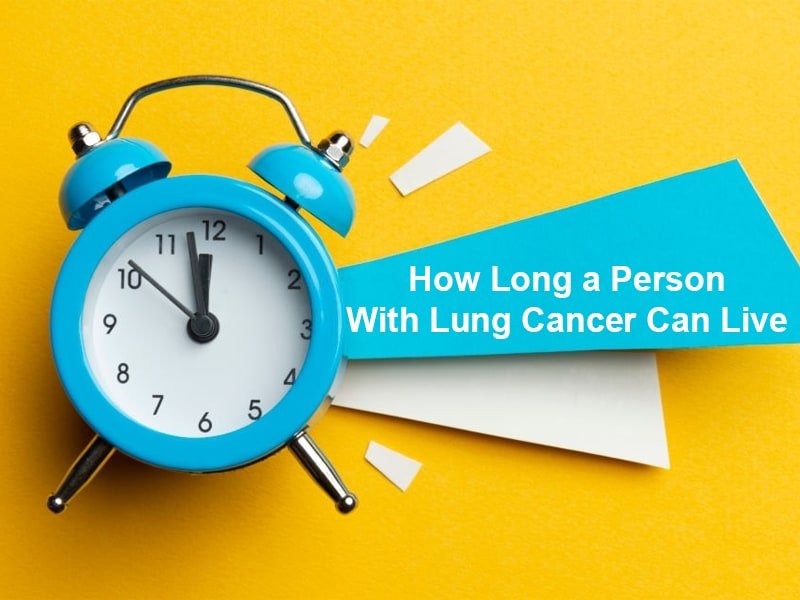
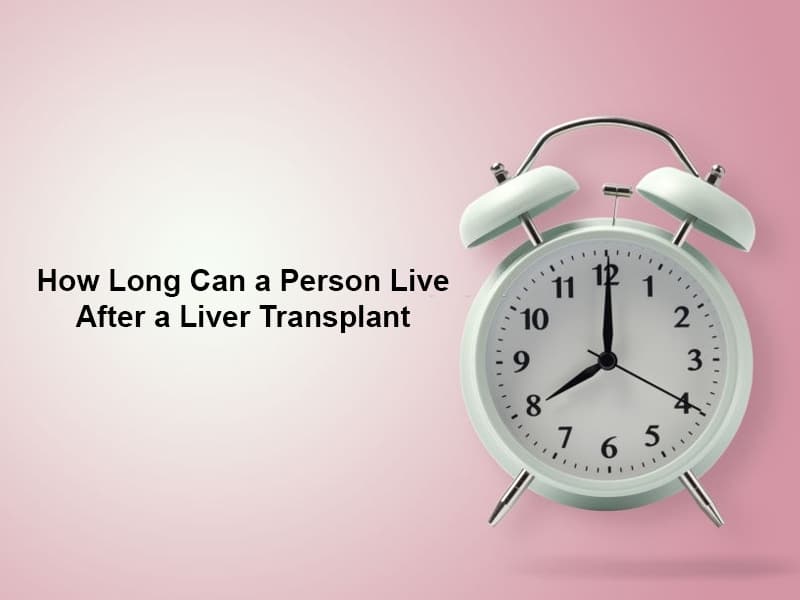
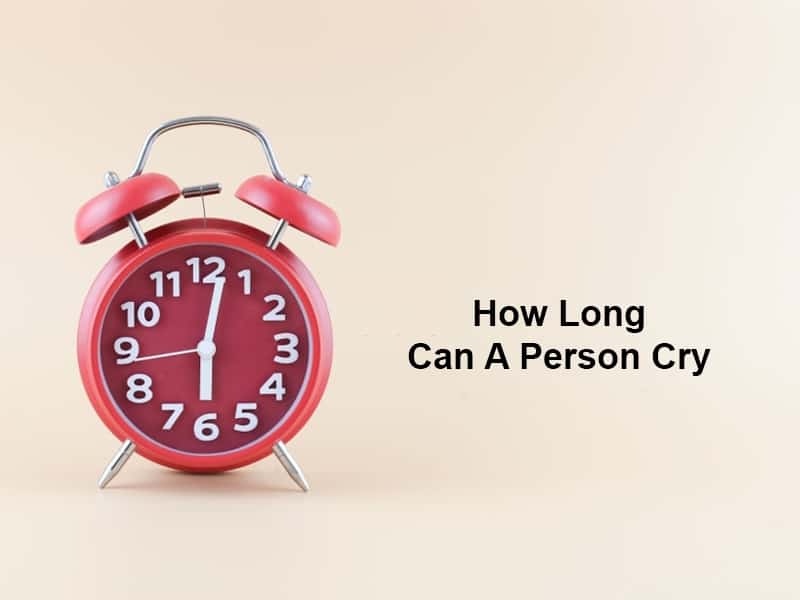
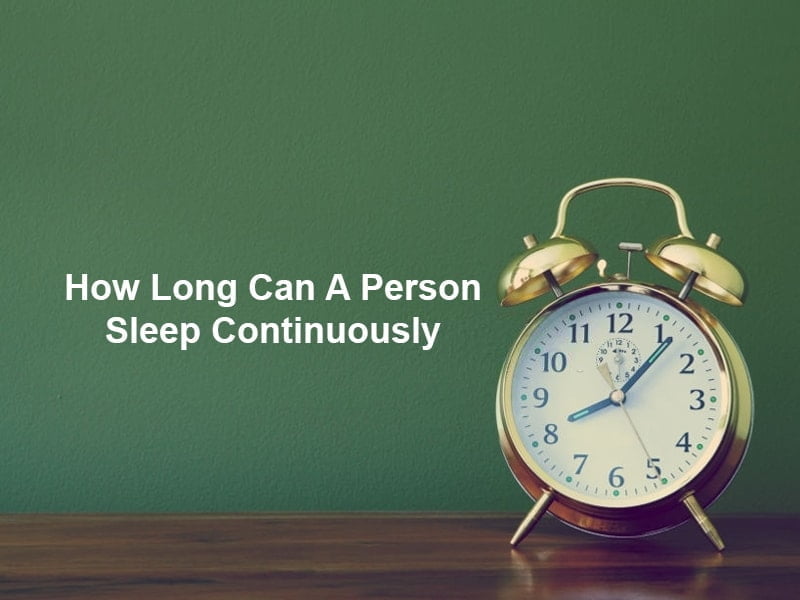
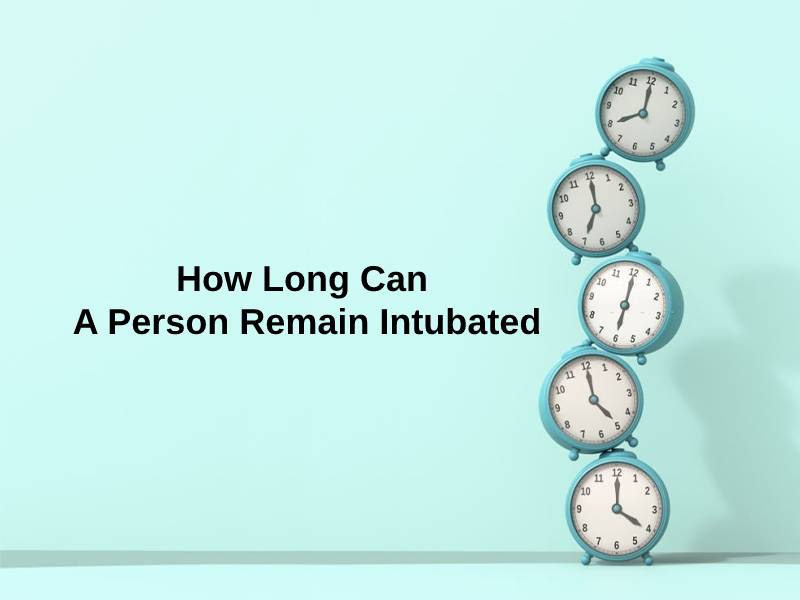
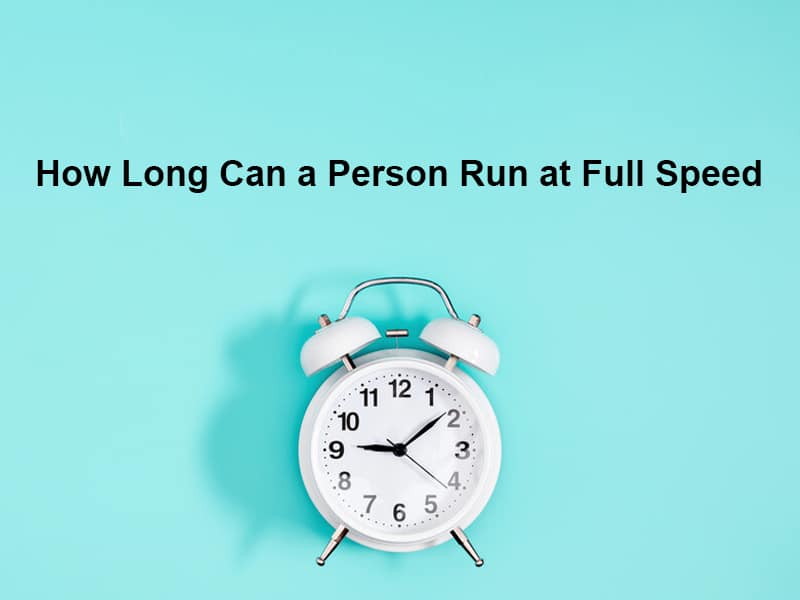
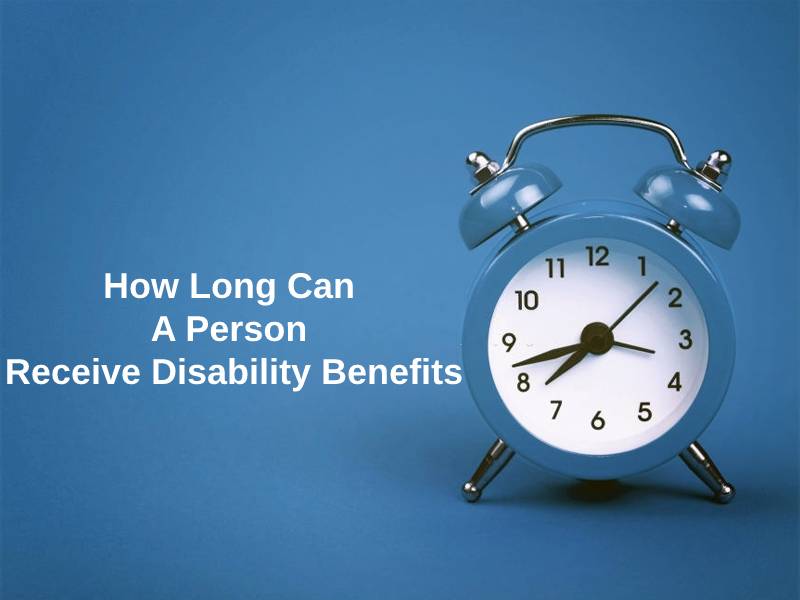
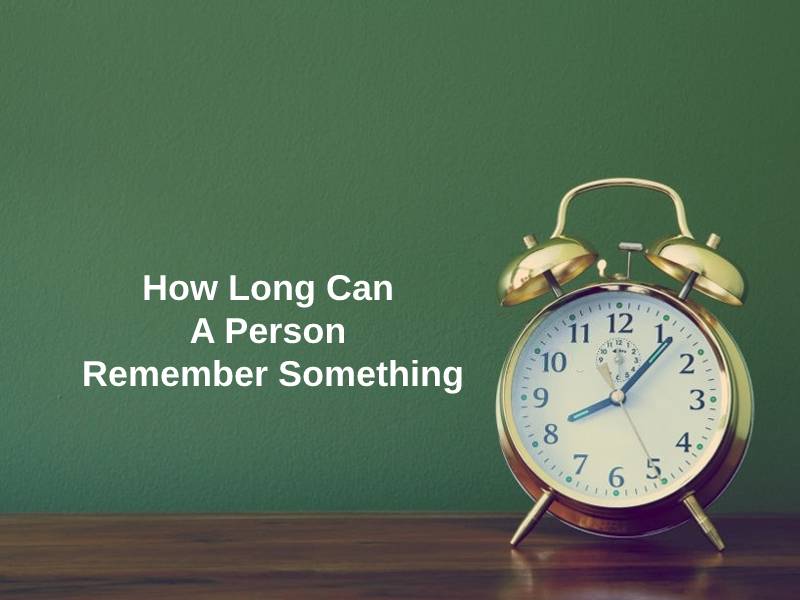
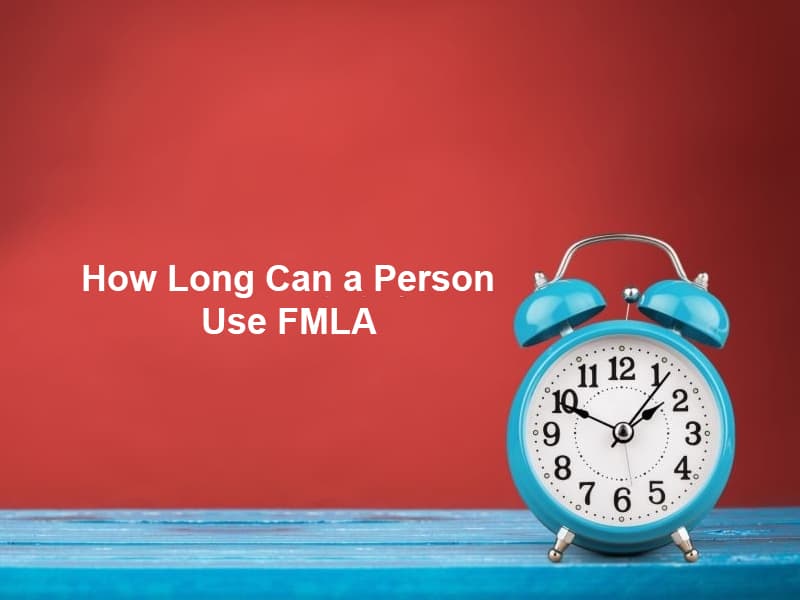
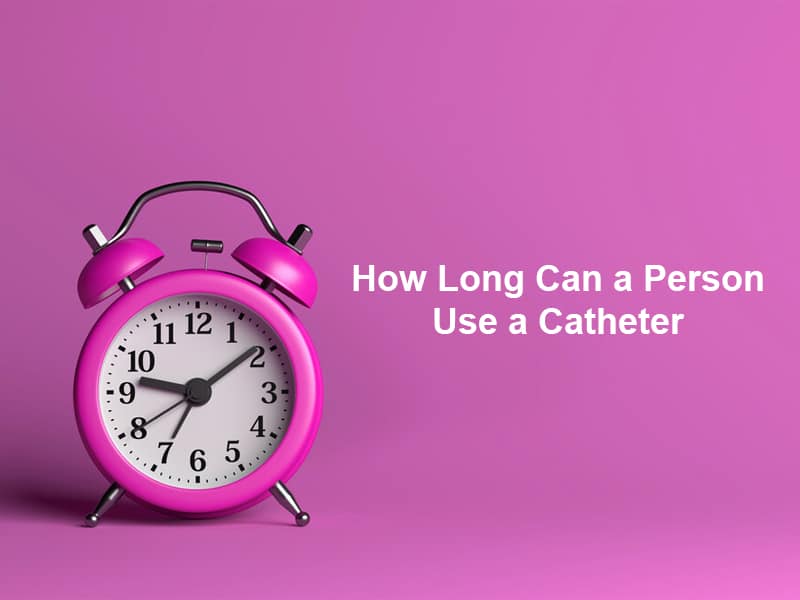
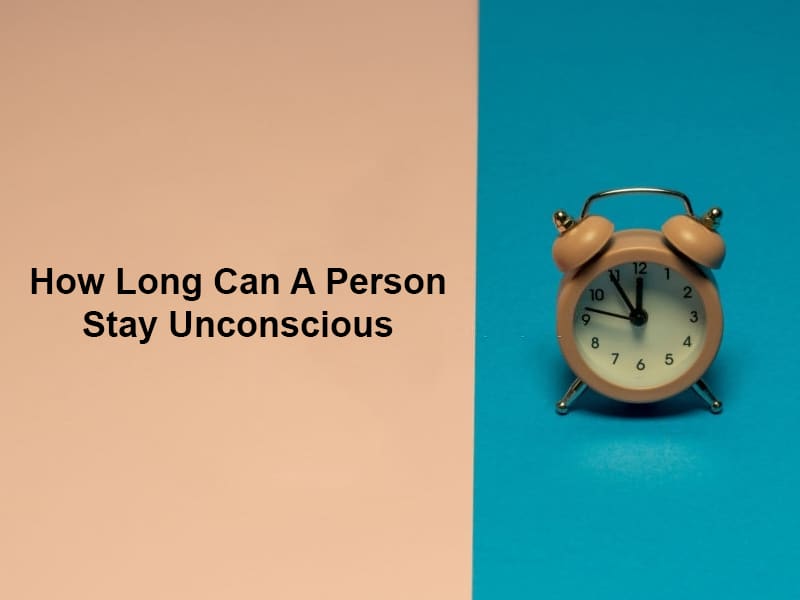

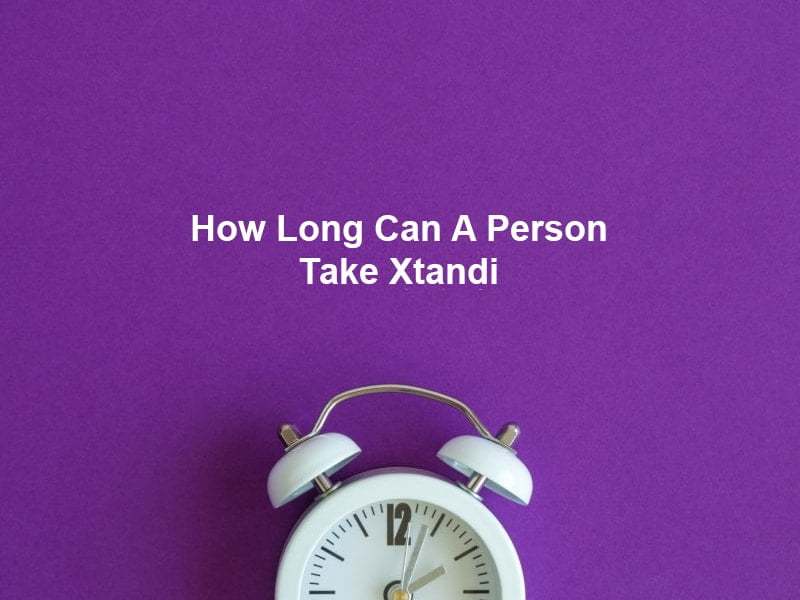
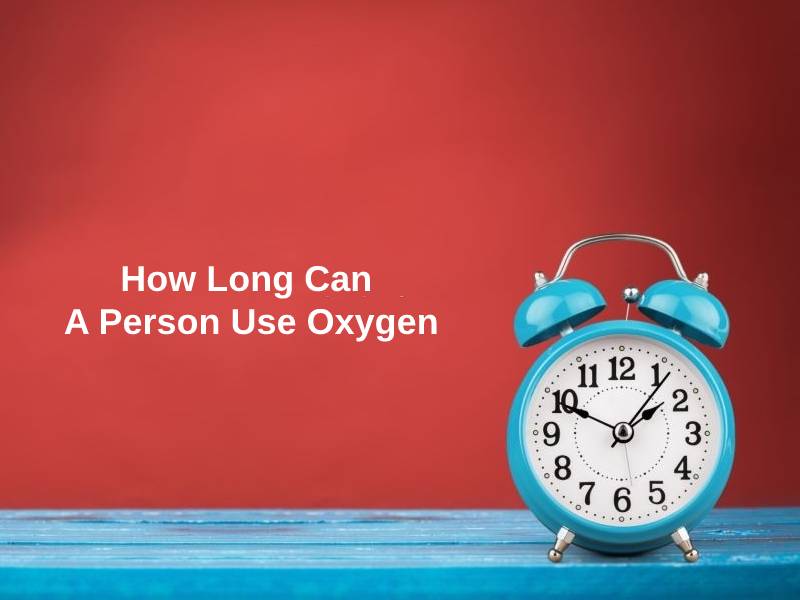
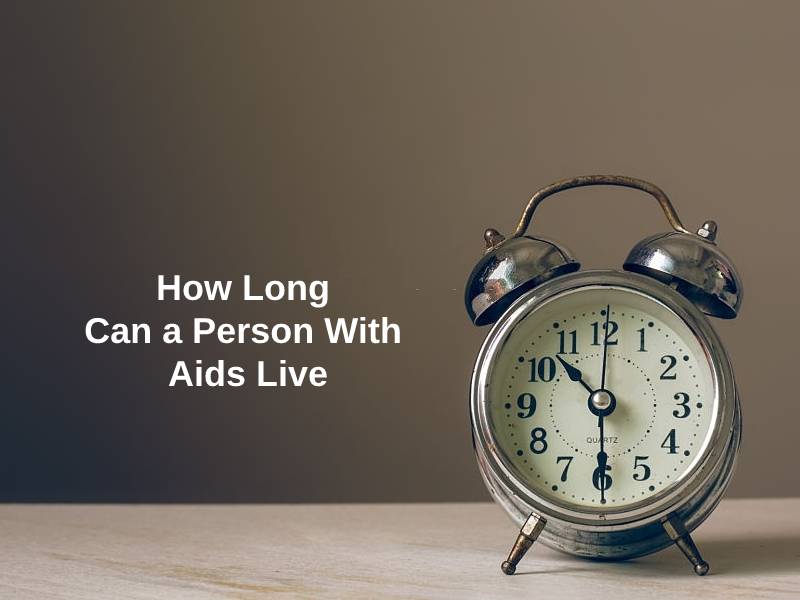
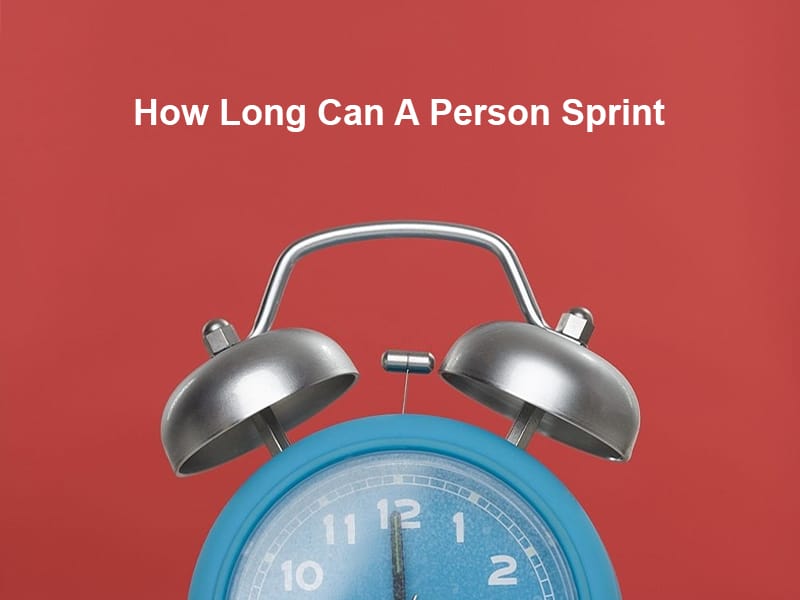
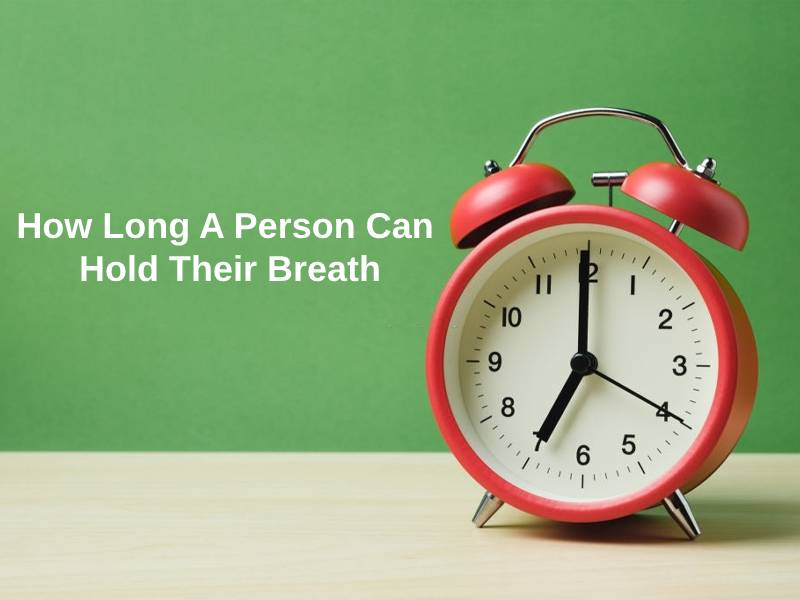
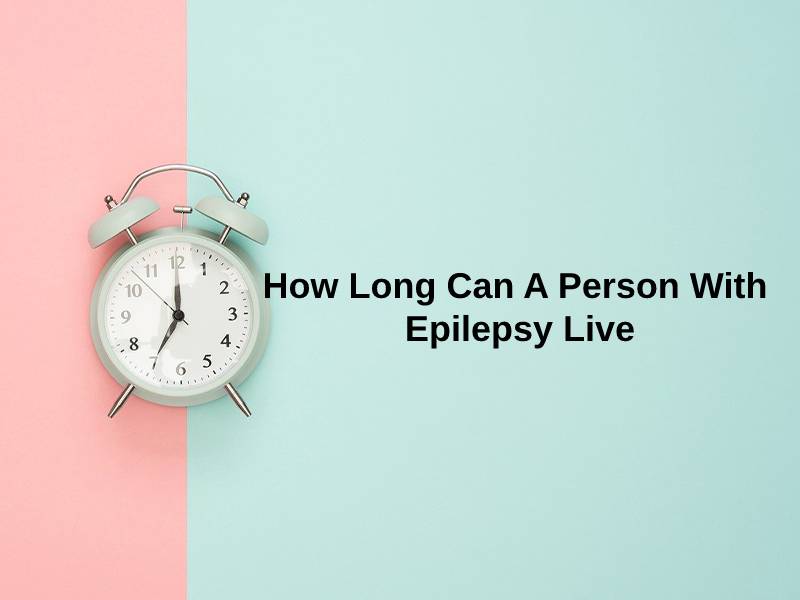
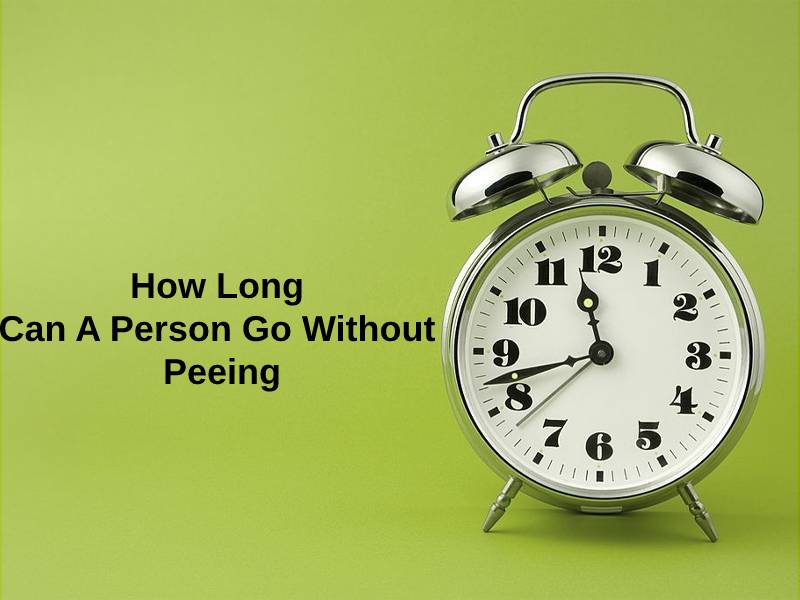
The details about severe sleepwalking episodes, including potential activities like driving, are quite startling. Some of this information is both surprising and alarming.
Absolutely, Alexander15. It’s concerning to think about what can occur in severe sleepwalking episodes, and this content does a great job of addressing that aspect.
It’s definitely a bit alarming to consider the potential risks associated with sleepwalking, especially in severe cases. This article raises some important awareness about that aspect.
The detailed information on the effects of sleep on physical and mental health is very important. It’s great to see it highlighted in this article.
This content provides essential insights into the significance of sleep and its effects on overall well-being. A very important topic!
Absolutely agree, Helena08. The impact of sleep on health is often overlooked, so it’s wonderful to see it emphasized here.
The depth of information here is quite impressive. Everything from the causes and symptoms to the relevant statistics is very well covered.
The information about how to handle sleepwalking episodes and raising awareness is quite helpful. It’s easy to see the value of including these details in this content.
The information provided here is very enlightening, particularly in terms of how to handle sleepwalking episodes. It’s great to see a focus on raising awareness and understanding.
Agreed, Graham Kirsten. Providing guidance on managing sleepwalking episodes is crucial, and this article does an excellent job of addressing that aspect.
Absolutely agree, Graham Kirsten. The emphasis on handling sleepwalking episodes with care and understanding is essential, and it’s wonderful to see it mentioned here.
I never knew that sleepwalking episodes were so common in children. The explanation of sleep phases and how they can contribute to sleepwalking is quite enlightening.
That’s what stood out to me too, Hhunt. The details about the different stages of sleep and how they relate to sleepwalking are really intriguing.
This content regarding sleepwalking is very informative. It’s fascinating to learn about the different causes and circumstances that can lead to sleepwalking. Sleep is definitely more complex than many people realize.
Absolutely, Fgray. This is an important topic and it’s great to see all the key details covered here. Education about sleepwalking is essential.
Couldn’t agree more, Fgray. The information here is very thorough and helpful. It’s important for people to understand the potential triggers and how to handle sleepwalking episodes.
The comprehensive explanation of the phases of sleep and how they relate to sleepwalking has really increased my understanding of this topic.
Absolutely, Andy15. The breakdown of the different sleep phases and their impacts on sleepwalking has been very illuminating.
Same here, Andy15. This content provides a valuable understanding of sleepwalking and its correlations with different sleep phases.
The insightful content on the potential triggers and severity of sleepwalking episodes is very thought-provoking. It provides a compelling look at this topic that is often misunderstood.
Definitely, Mthomas. The detailed explanations and insights into sleepwalking are very thought-provoking and provide a comprehensive understanding of this disorder.
The information on the potential triggers of sleepwalking is quite eye-opening. It’s interesting to learn about the various factors that can contribute to this disorder.
Definitely, Vrose. The explanations here provide a comprehensive look at the potential triggers of sleepwalking, shedding light on a complex topic.